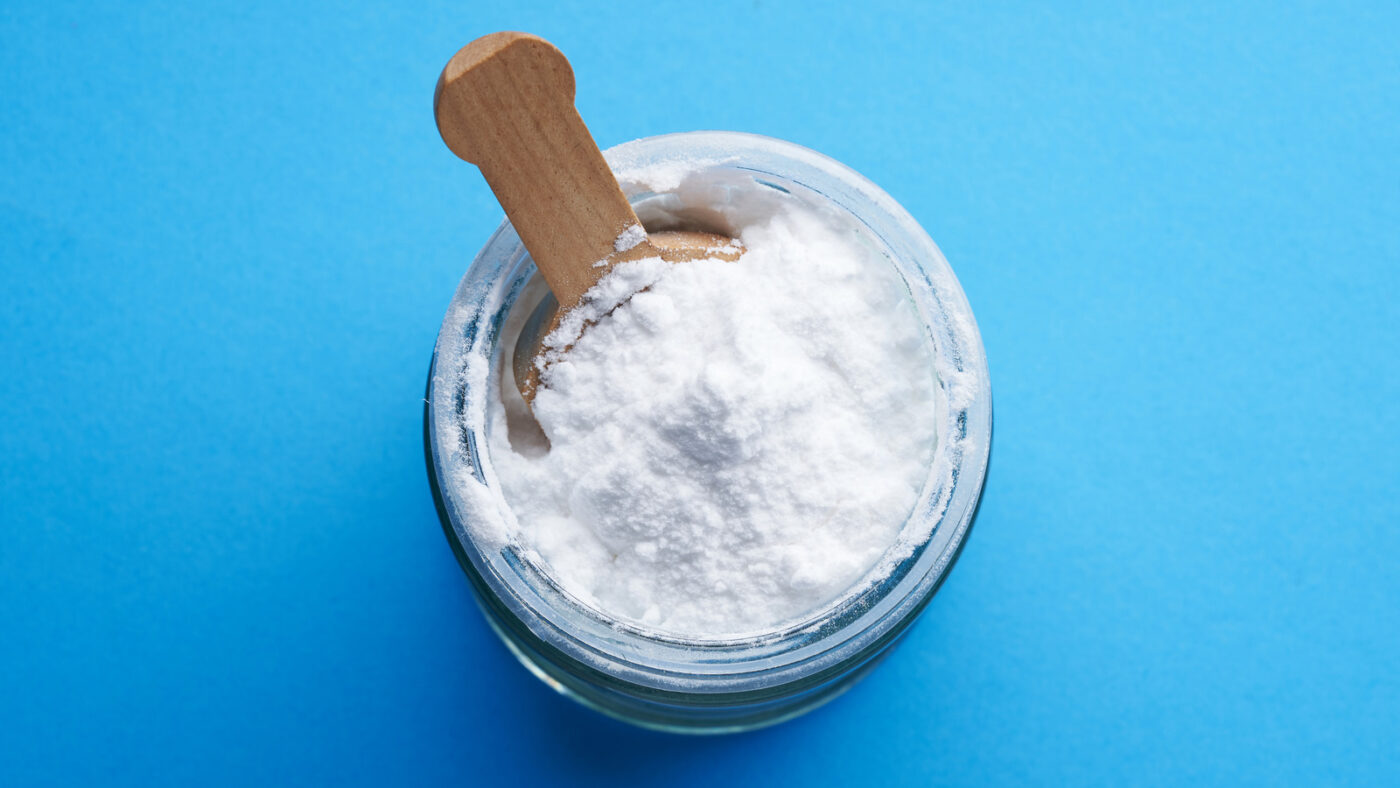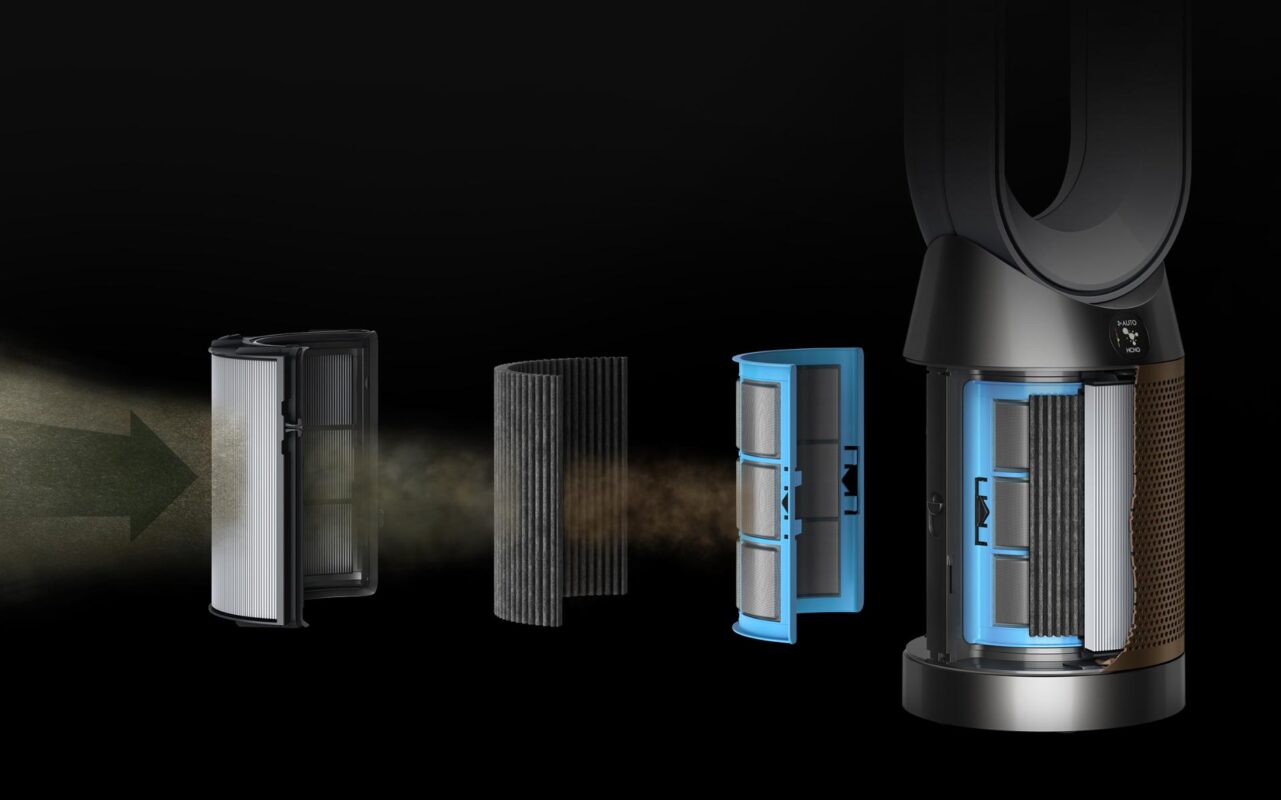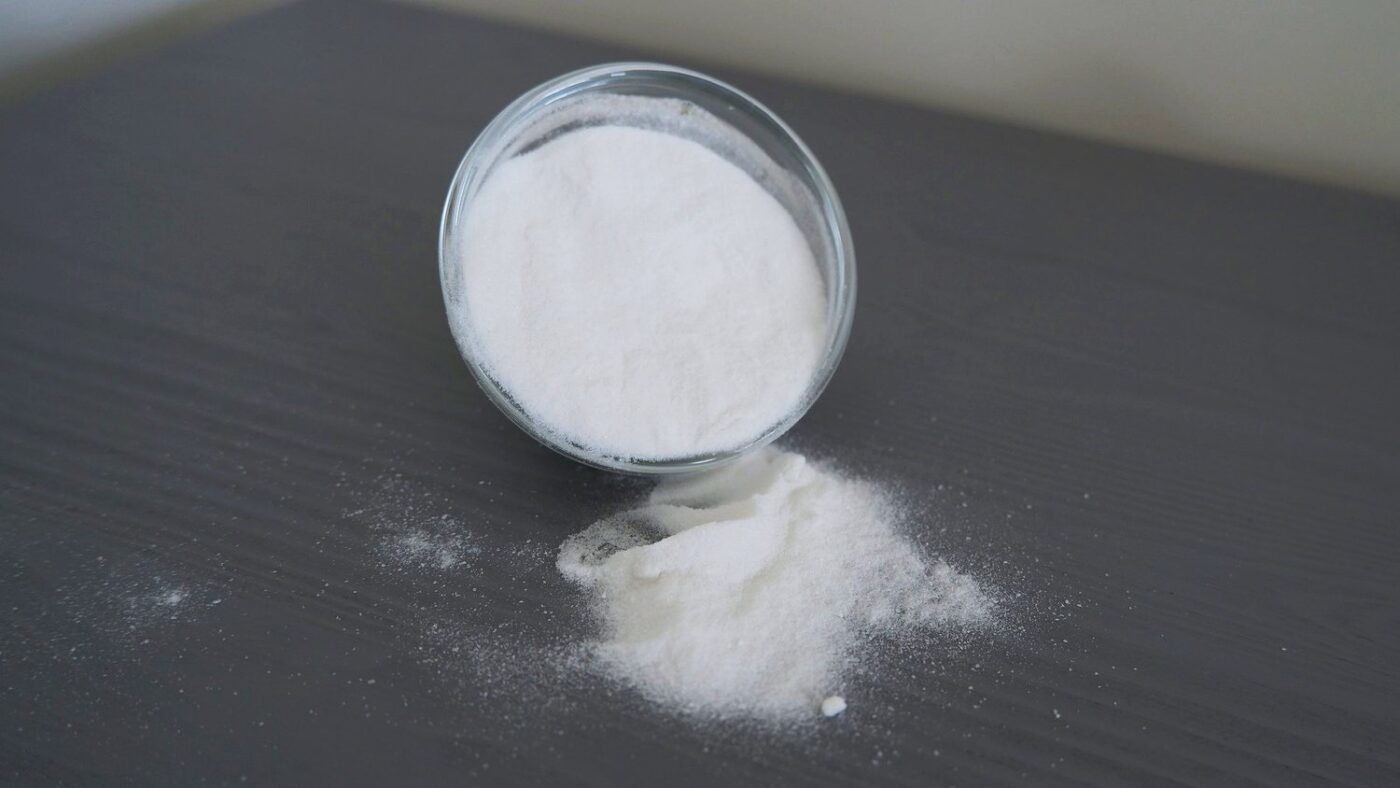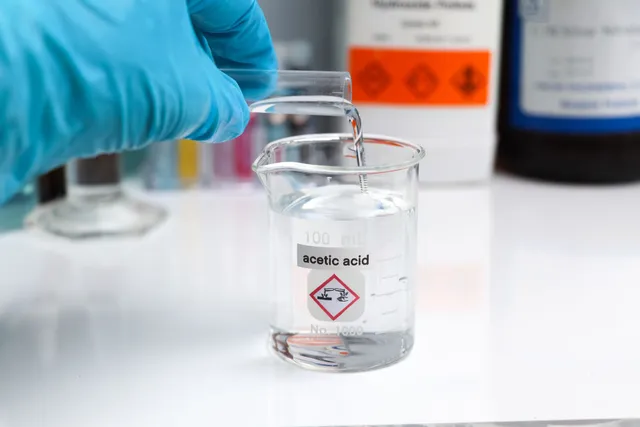How do you find the molar mass of acetic acid? This is a common question asked in chemistry when working with this simple yet essential organic compound. Acetic acid (CH₃COOH) is a carboxylic acid found in vinegar and is used in a variety of chemical reactions. To understand and work with acetic acid in lab […]
How is sodium hydroxide formed? Sodium hydroxide, commonly known as caustic soda or lye, is an important industrial chemical with a wide range of uses, including in soap making, water treatment, and as a strong base in chemical manufacturing. It is typically formed through a process known as the chloralkali process, which involves the electrolysis […]
When it comes to household chemicals, many people wonder, “Is sodium carbonate just baking soda?” While both sodium and baking soda have similar applications in cleaning, cooking, and other uses, they are actually distinct compounds with different chemical properties. Understanding the differences between sodium and baking soda is essential for ensuring you’re using the correct […]
When discussing acids, one of the most frequently asked questions is, Is H3PO4 a strong or weak pH? Phosphoric acid, with the chemical formula H3PO4, is commonly encountered in many industrial processes and products, such as fertilizers, detergents, and food additives. Understanding whether H3PO4 has a strong or weak pH is essential for those working […]
Hydrogen peroxide is a common household item that many people use for cleaning wounds or disinfecting surfaces. But what does hydrogen peroxide do to infection? Hydrogen peroxide has antiseptic properties, making it a popular choice for preventing infection and speeding up the healing process. This powerful chemical works by breaking down into water and oxygen […]
If you’re concerned about the air quality in your home, you might be wondering, Does Dyson air purifier remove formaldehyde? Formaldehyde is a toxic compound that can be found in many household products, including furniture, carpets, and cleaning supplies. Exposure to formaldehyde can cause a variety of health problems, including respiratory issues and skin irritation. […]
Are baking soda and calcium carbonate the same thing? While both substances are commonly used in household and industrial applications, they are chemically distinct. Understanding the differences between baking soda and calcium carbonate can help you make informed choices in cooking, cleaning, and even health-related tasks. In this article, we will explore their chemical properties, […]
When we think of acids, substances like hydrochloric acid or citric acid often come to mind. However, one of the most well-known acids in everyday life is acetic acid. But why is acetic acid acidic? To answer this question, we must dive into the basic chemistry that explains the acidity of acetic acid and how […]
What is sodium hydroxide used for at home? Sodium hydroxide, also known as lye or caustic soda, is a powerful chemical compound that can be used in various home applications. While it’s commonly found in household cleaning products, its uses extend beyond just scrubbing surfaces. Whether you’re dealing with clogged drains, tough grease stains, or […]
When dealing with chemicals, one of the most important concerns is safety. Is sodium carbonate explosive? This question is particularly relevant for those working in industries that use sodium carbonate in manufacturing, cleaning, or other chemical processes. Sodium carbonate, also known as soda ash or washing soda, is commonly used in various industries but does […]










